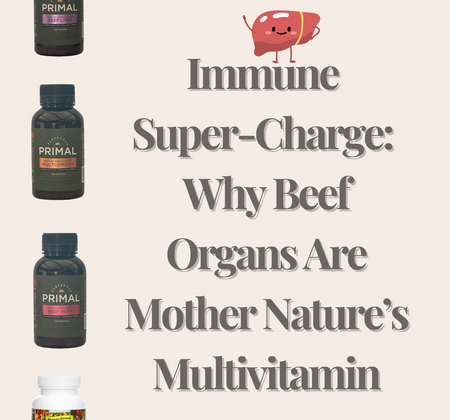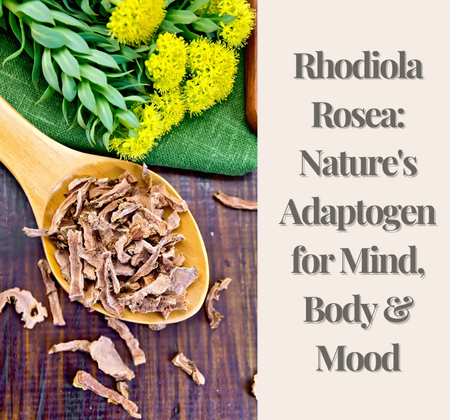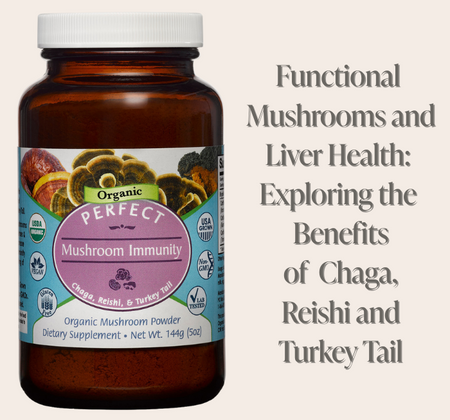
I use to use this a few years ago and have noticed the difference when not using it. I am back using it and my nails are fabulous. Would highly recommend.
Welcome back Kaz! We’re so happy you’re noticing the difference again — and fabulous nails sounds like a win to us. 🙌
Thanks so much for the recommendation and for sticking with Perfect Hydrolyzed Collagen. If you have a favourite way to take it (coffee, smoothie, hot choc), we’d love to hear!
— Tammy & the Perfect Supplements Australia team
A good product
Hi Robbie, thanks for your review! We think it's a good product too. 😊
I love this lip balm. I suffer from really dry lips but once I found this lip balm my lips are so much better.
Thank you for a Great product.🙏
Thank you so much for the lovely review! We’re thrilled our lip balm has helped with your dry lips - that’s exactly what we made it for. 🙌
Enjoy those soft, happy lips, and thanks for choosing us!
- Tammy & the Perfect Supplements Australia team
Great product. Delivery fast and secure! Love my Mag caps!
Hi Penny, thanks for your review! We are happy you enjoyed everything. :)












